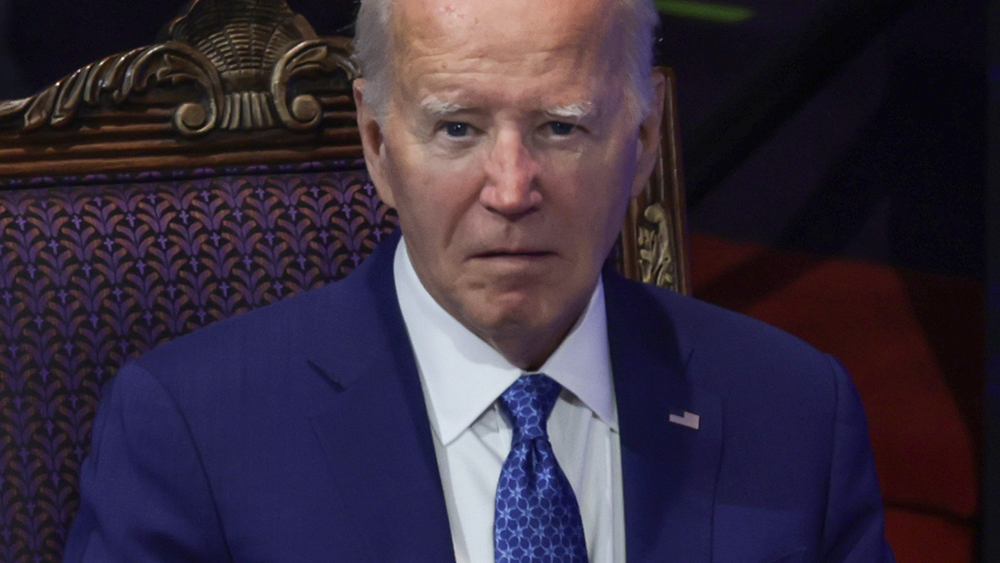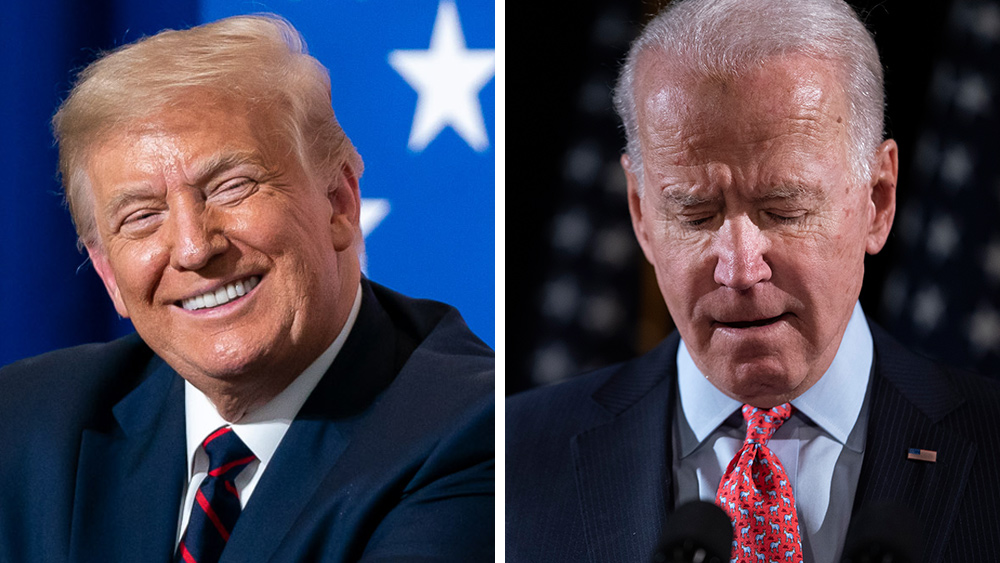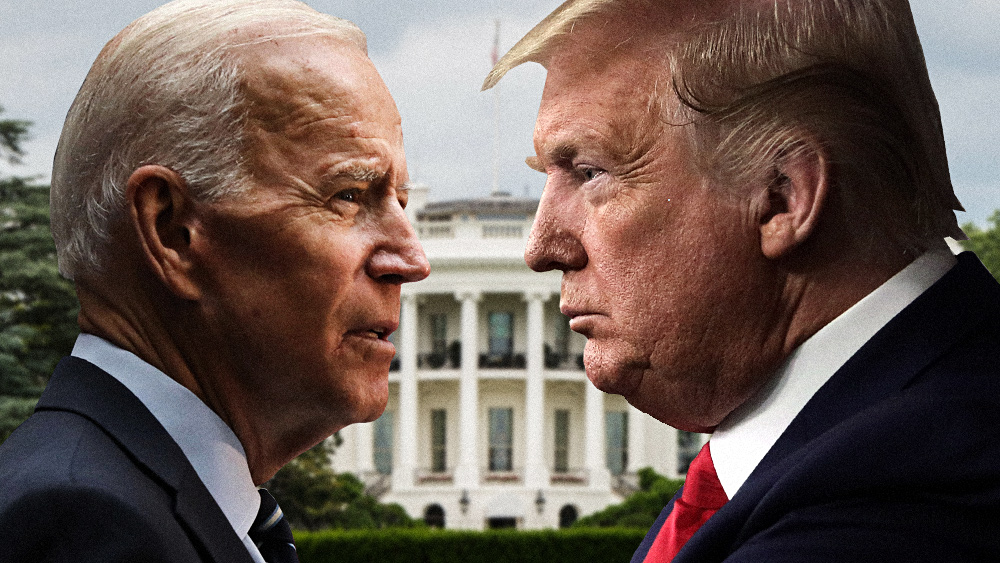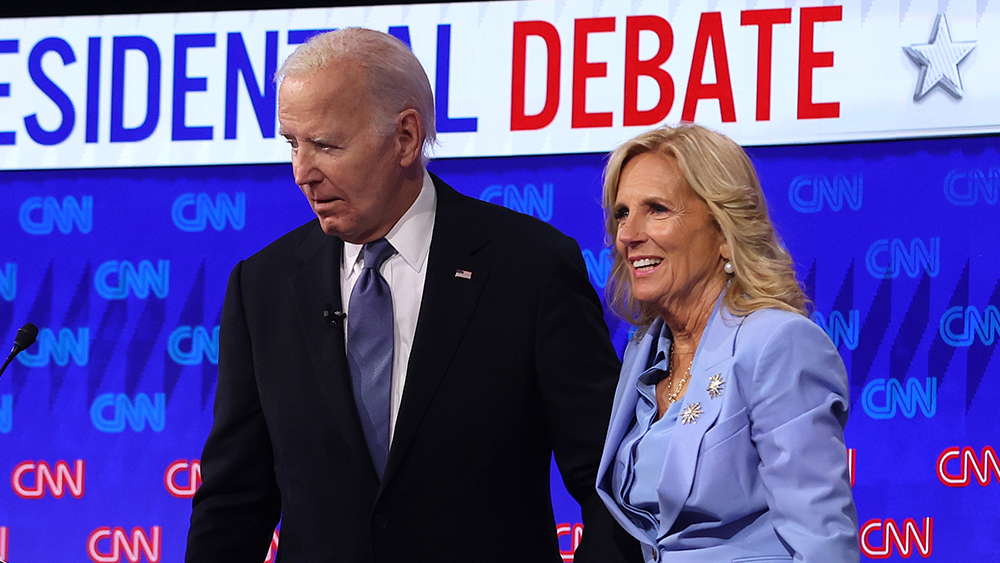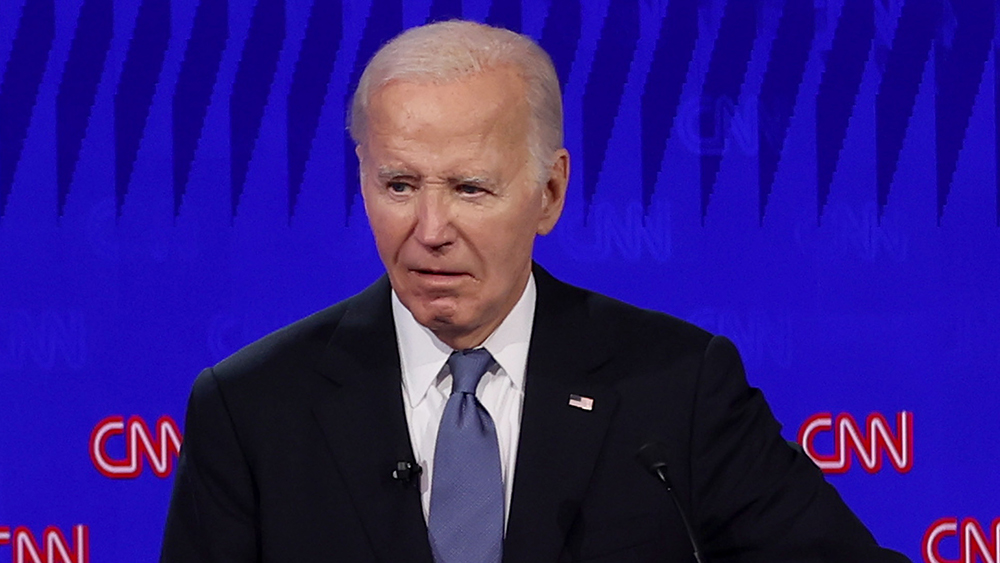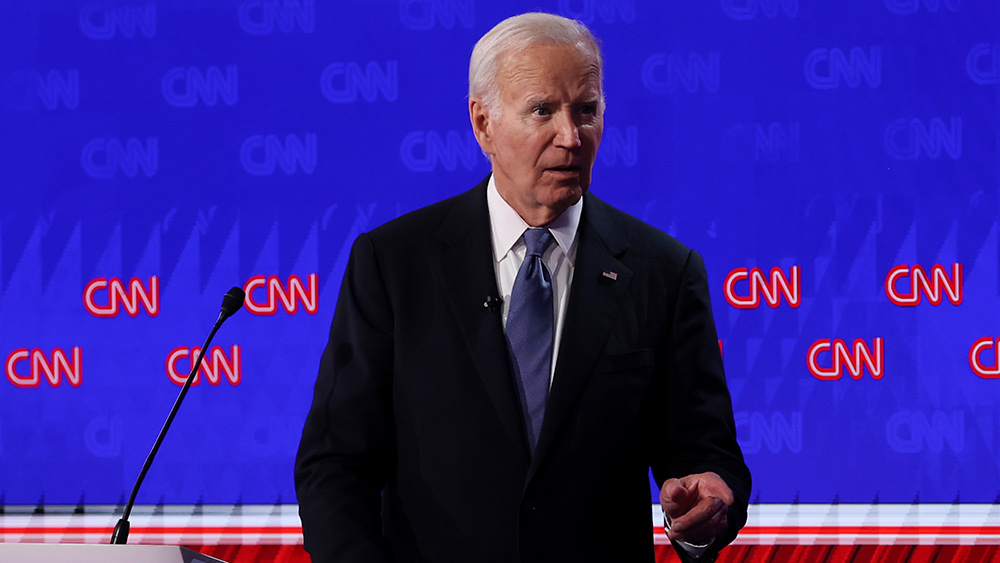America’s sanctions will put an end to U.S. dollar dominance, entrepreneur warns
07/12/2024 / By Cassie B.

U.S. sanctions are killing the American dollar’s longstanding global dominance, a Russian entrepreneur is warning, and the growing power of the BRICS coalition shows just how serious much of the world is about moving away from the greenback.
In a recent interview with Tucker Carlson, the founder of Russian fertilizer producer EuroChem, Andrey Melnichenko, explained how American sanctions policies will end up backfiring on the U.S.
The 52-year-old entrepreneur, who also founded the coal-producing company SUEK, and his wife were placed on American and European Union sanctions lists two years ago. He has also been blacklisted by Switzerland and the UK.
In his view, Western sanctions are going to lead to the demise of many traditional institutions, and this includes the world’s current reserve currency. He has plenty of evidence to support his claim, noting that more than half of Chinese foreign trade is currently settled using currencies that are not the American dollar; ten years ago, roughly 90% of China’s cross-border trade was carried out in American dollars.
He also pointed to the shift in dollar use in Russia. While it was once the dominant currency for imports and exports alike, it now accounts for just 14 percent, and other countries are experiencing a similar trend.
Not only does he think that the dollar is on its way out, but he also believes we’re about to see a new multipolar world order. He said that “we are going through a period of time when the dominance of one superpower, the United States, will no longer be in the future in the same way it was before.”
Noting the “incredible speed” at which China is growing, he believes two or more superpowers will emerge in the near future and direct world affairs moving forward.
When the U.S. recently announced a new round of sanctions against Russia aimed at stemming the flow of goods and money to sustain the war in Ukraine, the country’s top financial marketplace, the Moscow Exchange, immediately suspended trading in U.S. dollars and Euros. As a result, investors, banks and companies will not be able to trade either of these currencies using a central exchange.
The U.S. Treasury said that it was “targeting the architecture of Russia’s financial system, which has been reoriented to facilitate investment into its defense industry and acquisition of goods needed to further its aggression against Ukraine.”
BRICS countries moving away from the dollar in response to sanctions
BRICS nations are reportedly working on a payment platform that will help them move away from the dollar and have been conducting more trading and lending using their own currencies. The coalition, formed by Brazil, Russia, India, China and South African in 2009, had been growing at a very slow pace until last year.
They have recently noted significant expansions, however, with Saudi Arabia, the United Arab Emirates, Iran, Egypt and Ethiopia joining the bloc this year. Venezuela has also recently turned to BRICS to combat sanctions imposed on it by the American oil and gas industry.
Russia’s deputy foreign minister, Sergei Ryabkov, recently said that the main condition all countries must meet that wish to join BRICS is a refusal to participate in unilateral sanctions: “For us, one of the key criteria for admission to BRICS and welcoming partner states is non-participation…in the illegal sanctions policies, illegal restrictive measures against any BRICS participant, first of all, of course, against Russia.”
Digital currencies are also posing a threat to the dollar’s status.
At the same time, growing inflation in the U.S., job market uncertainty and record-setting mortgage rates are adding to the dollar’s woes, and the dollar losing its throne as the favored currency for world trade could further increase borrowing costs in the U.S.
Sources for this article include:
Submit a correction >>
Tagged Under:
Andrey Melnichenko, big government, BRICS, Bubble, China, Collapse, currency clash, currency crash, currency reset, dedollarization, dollar demise, economic riot, EuroChem, finance riot, market crash, money supply, risk, Russia, sanctions, truth, Us Dollar
This article may contain statements that reflect the opinion of the author
RECENT NEWS & ARTICLES
COPYRIGHT © 2017 PENSIONS NEWS


